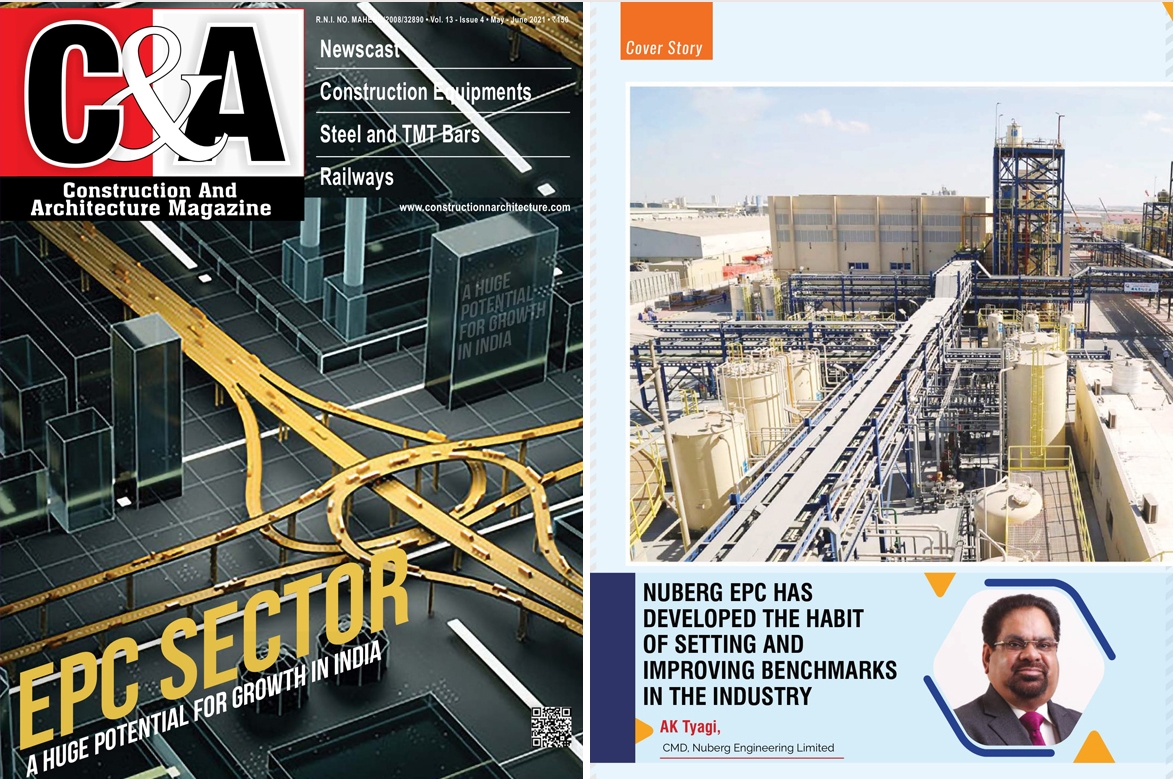AK Tyagi, CMD, Nuberg Engineering Ltd., spoke about the 25 years of investment in the EPC and LSTK sector, Nuberg EPC has developed the habit of setting and improving benchmarks in the industry.
Construction And Architecture Magazine, May - June 2021
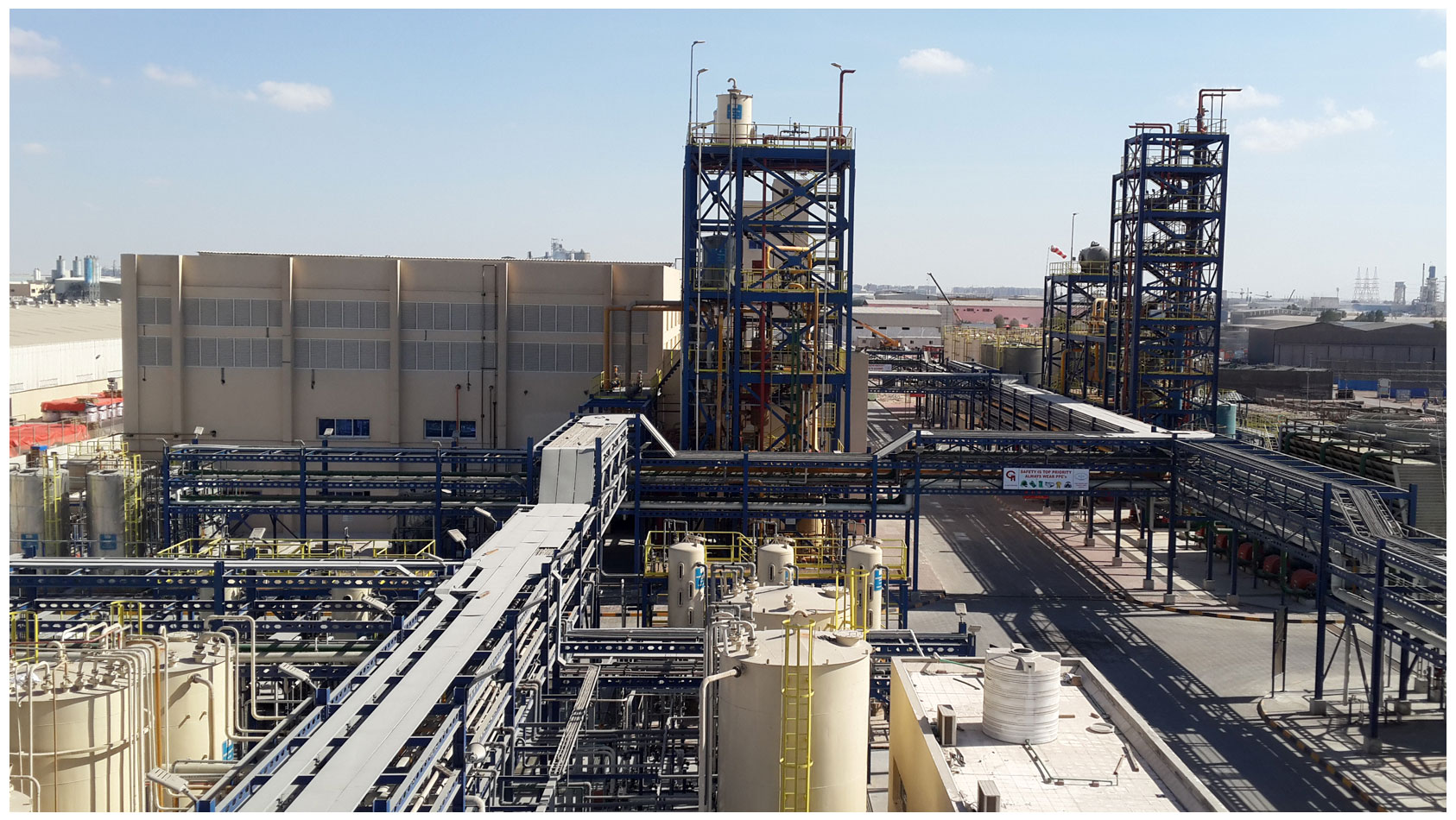
What growth do you foresee of Indian EPC companies in present times and which sector will prove to be the cornerstone of progress?
India is on the verge of enormous demand for EPC in the
next few years. Union Minister of Chemicals & Fertilizers
Shri D.V. Sadananda Gowda recently informed that an
investment of Rs 8 lakh crore is anticipated in the Indian
chemicals and petrochemicals industry by 2025. 'Make
in India' across sectors, and India's increased defence
self-sufficiency needs, will also create urgency for
corresponding chemicals infrastructure. Manufacturing
of polyethylene and PVC products too will require raw
materials. Hence, enormous potential exists in India to
develop the chloro- chemicals industry with a focus
on inorganic chemicals like trichloroethylene, poly
aluminium chloride and other chlorine-based water
treatment chemicals.
To promote energy-efficient and environment-friendly
hydrogen fuel cell-based vehicles in the country,
the Ministry of Road Transport and Highways last
year notified the standards for safety evaluation of
Hydrogen vehicles through an amendment to Central
Motor Vehicles Rules. The Finance Minister Nirmala
Sitharaman additionally announced the introduction of
National Hydrogen Energy Mission in her 2021 budget
speech.
We at Nuberg EPC serve Chemicals & Fertilizers,
Hydrocarbon, Steel, Energy & Infrastructure, Nuclear,
and Defence industries globally and in India; and now
see a huge potential for growth in India. With an eye on
future evolution, we are strengthening our offerings in
Green products manufacturing as a new expertise area.
Nuberg EPC is already building and commissioning
India's first commercial scale Hydrogen Purification
(fuel cell grade), Compression, Storage & Dispensing Facility.
How do you manage turnkey engineering projects ensuring delivery of complex production plants bringing together high order of engineering skills with intricate stages of supply chain and capital management?
With the execution of international projects is a
herculean task because of their remote locations
and logistics involved. Thus, there is a requirement
for large logistics operations and coordination with
global suppliers. We have honed our expertise and
global experience after operating in more than 60+
turnkey projects across 32+ countries in past 25
years and dealing with laws, statutory requirements,
and societal norms across geographical diversities.
It is also necessary to have legal knowledge and
legal reinforcement. Furthermore, knowledge of the
country's operating laws and guidelines, such as the electricity act, water act, labour
laws, pollution laws, and their safety
norms to execute the projects is
necessary to avoid an unnecessary
setback. We are prepared with all
processes and capabilities to take
on these challenges, and that is a
great advantage that we have in
terms of strategy with global size
and skills. Our execution has to be
done considering the geographical
conditions. For instance, in the
Middle East, you are not allowed
to work during the afternoon in the
summers because of the heat, and
that is where these small things
matter.
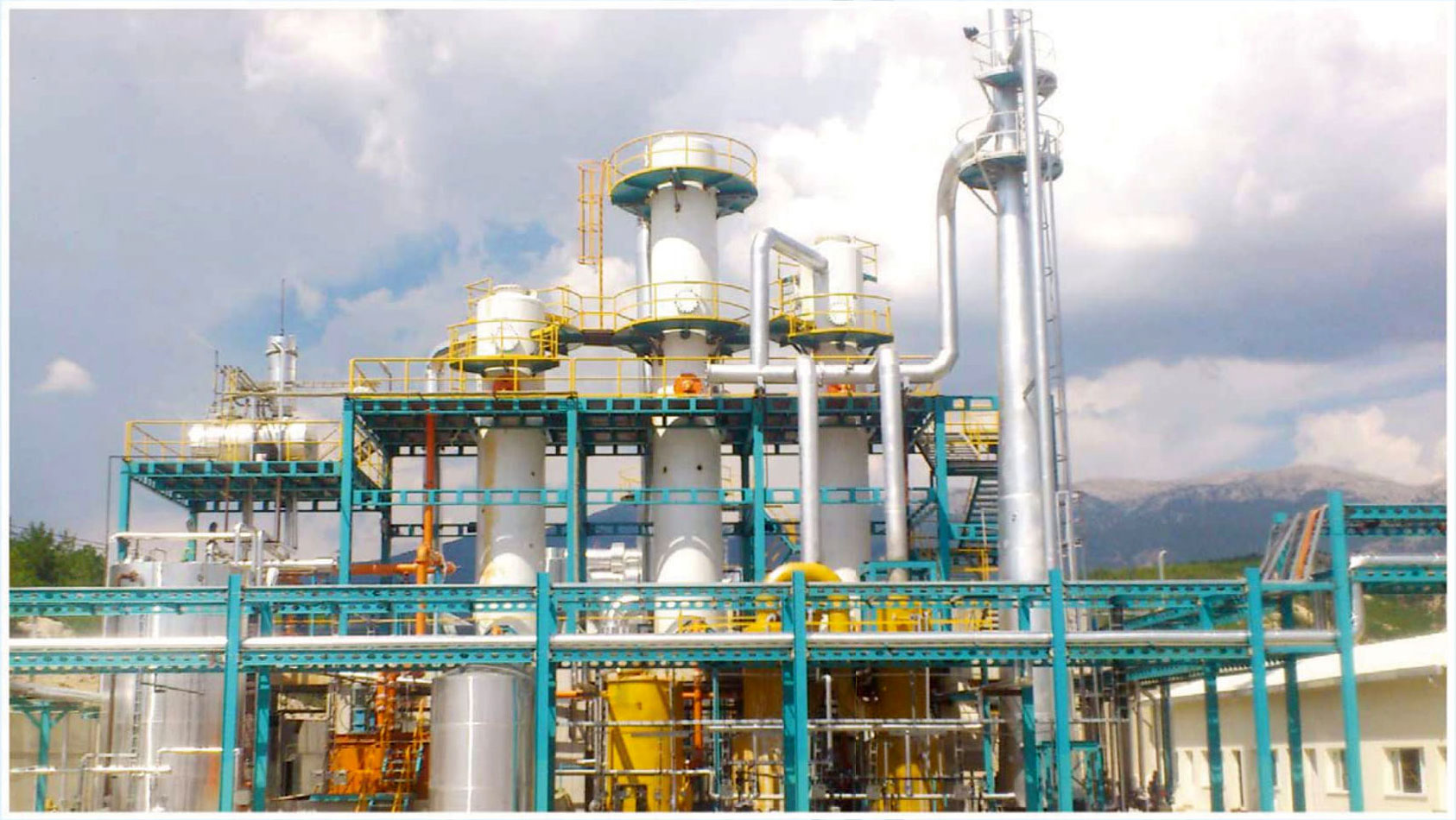 25 years of investment in the EPC
& LSTK sector, Nuberg EPC has
developed the habit of setting
and improving benchmarks in
the industry. We are amongst
the world's fastest-growing EPC
organizations with a specialized
team of more than three hundred
engineers providing global
competitiveness.
25 years of investment in the EPC
& LSTK sector, Nuberg EPC has
developed the habit of setting
and improving benchmarks in
the industry. We are amongst
the world's fastest-growing EPC
organizations with a specialized
team of more than three hundred
engineers providing global
competitiveness.
We have maintained a 100%
accident-free record to date while
delivering projects around the
world. It is a result of a clear focus
on globally leading processes and
adherence to strict quality control.
We also make sure to recruit and
retain the best engineering talent.
Our strength of more than 300
engineers with 300,000-person
hour of skills is towards the higher
side of engineering strength vs
revenue ratio for the EPC industry.
Our world-class manufacturing facility in Gujarat has also resulted in significant cost efficiencies for our clients globally.
We thus have quite a few global clients in diverse sectors. We have been working with some of the leading customers which even include Al Ghaith Industries (Abu Dhabi), Inovyn (Sweden), FLUODER (Paraguay), ADDAR (Saudi Arabia), Gulf Chlorine (Qatar), Union Chlorine (Abu Dhabi), DOSTEL (Turkey), Samuda Chemical Complex (Bangladesh), AGROCHEM (Egypt), SARL SASKO (Algeria), AMASSAS Co. (Ethiopia), Aditya Birla Chemicals (India), SCE Chemicals (Morocco), NCIC (Egypt), TCI Sanmar (Egypt), Oman Chlorine (Oman). During the pandemic, we have won 500 TPD Sprea Misr sulphuric acid plant project in Ramadan, Egypt.
Over time, how are the EPC companies transitioning from manual and legacy systems to agile, data and AI-driven ones for environment-friendly, cost-effective, safer, and efficient processes of technologies/products?
Technologies and digitisation have been the foundation of a global effort
in every sector and EPC LSTK is no different. What is noteworthy is that
EPC being the factory of factories operates at scales that are magnitudes
larger. Overall productivity enhancement in the EPC sector in the last 2 decades had been minor compared to between
50 and 70% productivity growth for the overall
economy as per McKinsey.
Now, however, digitisation, automation, AI, Big
Data is serious measures creating all-around
cost efficiencies. Earlier there may have been
some inertia around the capital cost of such
change, but the pandemic has forced rapid
strides in the shift.
What do you have to say about Skid-mounted plant/technology?
Skid-mounted plants when used in place of the
traditional stick-build methodology of on-site
assembly will drastically compress the time
required to build plants and reduce disruptions
in operation in case of expansion or up gradation.
EPC industry will be able to provide clients with
dramatic cost, timeline, mobility, protection, and modularity
advantages in the plants as the machinery will be mounted on
rails, pallet, or a frame at the point of manufacturing itself. Skid
mounting also enables flexibility in the architectural planning
of equipment location and the ability to adjust manufacturing
facility size mid-project.
EPC players will be able to assemble the sub-plants
including complex piping, delicate valves, and other valuable
components, and ship them protected by the frame.
Testing is one of the most important phases in constructing a
plant and the skid-mounted process allows for pre-testing of
plant sub-systems before shipping them nearly as it is to the
final location.
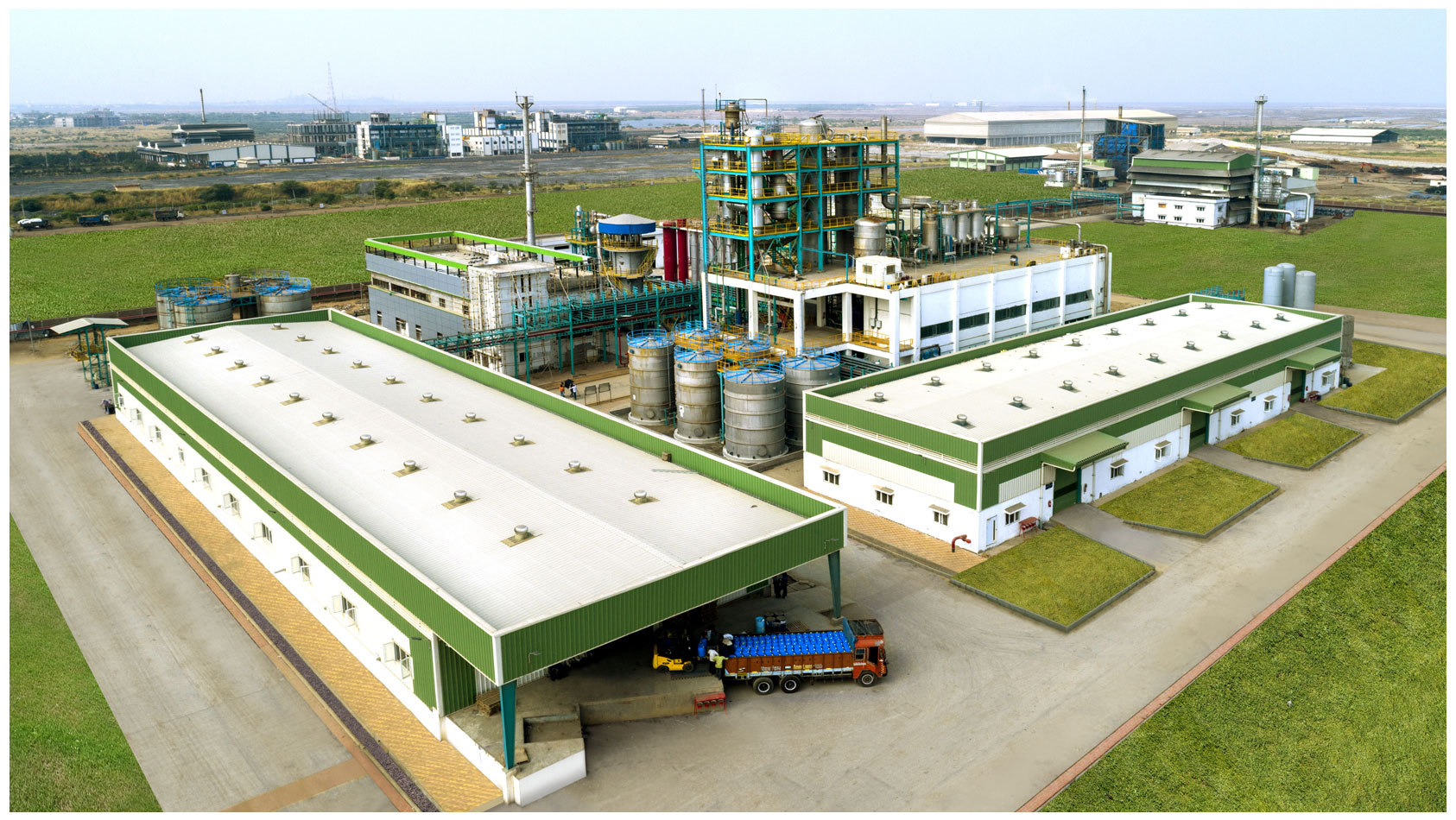
Tell us about the investment factor in digital technology for better collaboration and more data-driven decision-making that will help to streamline the procurement process?
We at Nuberg EPC are fast incorporating the latest in digital
technologies and work processes. This includes IoT-enabled
monitoring and maintenance of projects and commissioned
plants. We are also incorporating Big Data for smarter design
and inspections, AI-driven intelligent automation, AR and
VR for superior safety, communication, and training, and 3D
software (Catia & Solid Works) for accuracy in delivery and
reduction in commissioning times.
Automation is enabling the development of the detailed
initial design that is more than 95% fit as the final design thus
enabling real-world estimation of engineering resources,
material, and labour. Such automation also helps us to focus
on construction execution and related supply chain at an
earlier stage thus compressing timelines and costs.
Nuberg EPC is also moving towards skid-mounted
plants which drastically compresses the time required
to build plants, and reduces manpower requirement at
the project site, especially for small size plants.
How is your experience with the clients in recent time who have always expected absolute adherence to quality standards and timelines irrespective of any back-end constraints?
Operationally for the global EPC-LSTK industry, there
are now more stringent and dynamically changing
local laws and health initiatives in project countries that
need rapid response and fore planning.
Our global experience of operating in more than 30
countries has prepared us with all processes and
capabilities to take on these challenges, and that is a
great advantage in terms of strategy with global size
and skills. Our track record and word of mouth regarding
project-level initiatives taken during the pandemic
(e.g. chartering a flight for engineers) enabled us to
win 500TPD Sprea Misr sulphuric acid plant project in
Ramadan, Egypt.
Globally large EPC players manage projects in different corners of the world with production hubs strategically located on several continents. Nationally how have EPC contractors expanded their roles and adopted the roles of project consultants?
Everyone needs to create their own winning strategy.
Our success has been built on our R&D facility and
India base manufacturing division.
The R&D facility in Sweden, EB Nuberg, contributes
with innovative technology for specialty chemicals. The
country offers the best global talent, and it makes me
proud to share that we have patented technology for
hydrogen peroxide. We are thus amongst the very few
Global Technological Licensers of Hydrogen Peroxide
technology. We are also the Global Technological
Licenser for sulphuric acid plants.
Our 115,000-sqm state-of-the-art manufacturing
facility in Gujarat, which manufactures large industrial
equipment and machinery that caters to the EPC
projects as part of Nuberg EPC. These include Pressure
Vessels, Reactors, Heat Exchangers, Columns &
Towers, and Tanks.
We thus cater to numerous international as well as large
Indian clients such as big PSUs and private companies
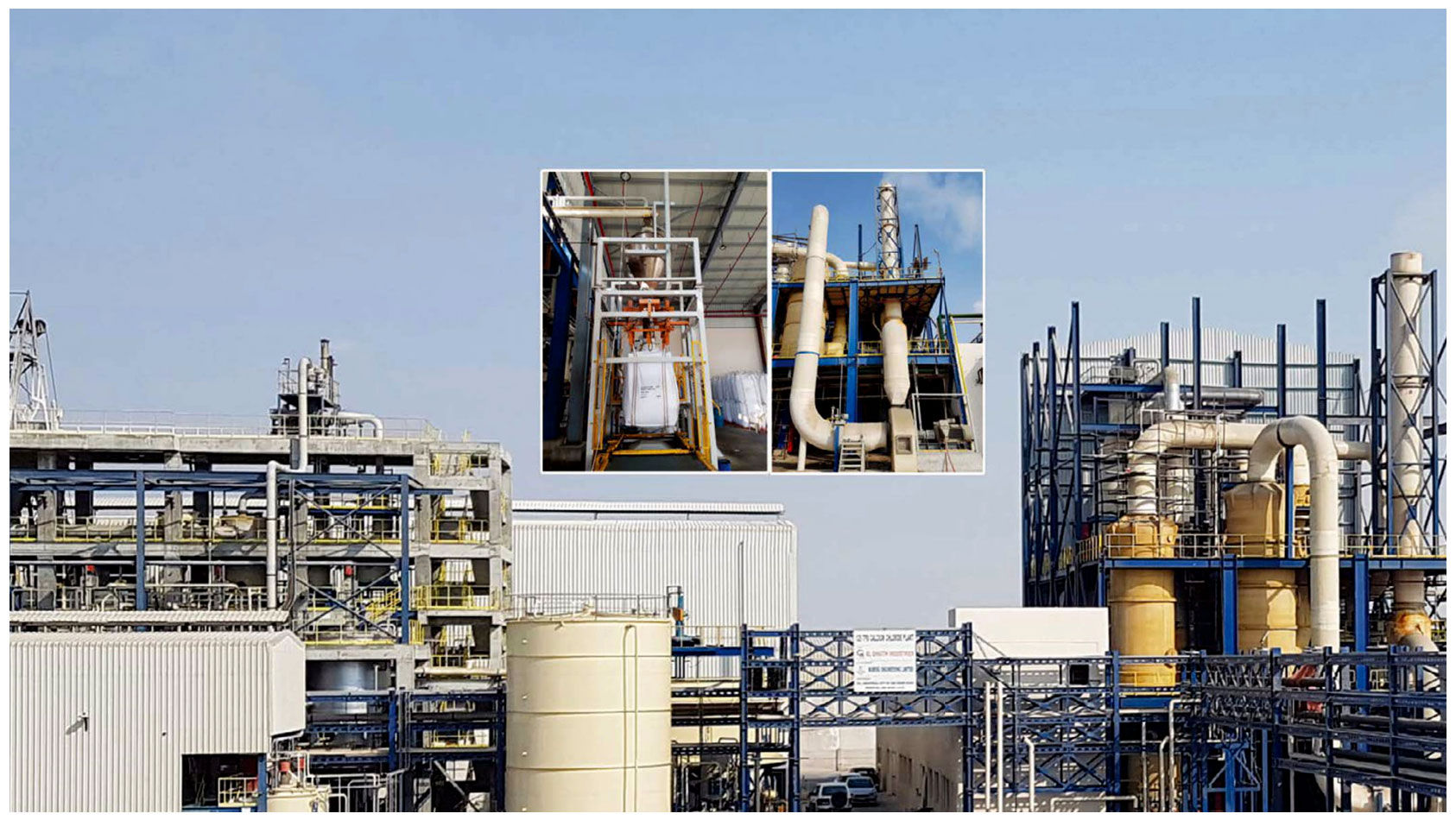
What proactive role policymakers need to play to achieve their ambitious infrastructure plans and activities for big-budget turnkey projects? How will EPC contractors benefit from them?
The government's role in launching the PLI schemes for
different sectors and initiatives like National Hydrogen
Energy Mission needs to be appreciated here.
Some more important things for the Manufacturing
industry and EPC players need to be worked on. One
is the costs, in many EPC projects the high cost of
licencing of patented manufacturing technology that
needs to be acquired from MNCs. Policymakers should
look at creating an indigenous pool of technological
processes that can be leveraged for promoting Indian
manufacturing and EPC capacity with tremendous
savings of foreign exchanges for the manufacturer and
the government.
Furthermore, there is a need for significant work on
land and energy/power/gas costs. The manufacturing
industry can be significantly more vibrant if it did
not have to incur high land acquisition costs and
high-energy costs.
Lastly, the cost of talent in India is currently high due to
the limited pool size. There is a requirement for skilled
engineers and other workers, and the government
needs to work on enabling a better-trained and
employment-ready talent pool.
© This article was first published in Construction And Architecture mgazine, May - June 2021.
Media Gallery
Construction And Architecture - Nuberg EPC has developed the habit of setting and improving benchmarks in the industry
Refining & Petrochemicals - Nuberg EPC recognized among the top 30 EPC companies in 2021
Construction Week Online - Nuberg EPC's 25 years of making ideas happen globally and future plans
Construction Week Online - Technology trends that will define the EPC industry of tomorrow
Construction Times - The core engineering talent with the company is our biggest strength
Chemical Engineering World - Healthy pipeline of projects
SiliconIndia - Nuberg EPC: Where Ideas Escalate to Expanses of Engineering Excellence
World Fertilizer - A World of Sulfur
International Cement Review - A new lime plant for Crescent
Process Worldwide - Making Ideas Happen, from Concept to Commissioning
World of Chemicals - EPC demand is rising in all dimensions of chemical industry
Financial Express - Indian firms can be world leaders in EPC
The Sunday Guardian - Engineering companies enthused by Make in India
Download PDF

 Nuberg EPC has developed the habit of setting and improving benchmarks in the industry
Nuberg EPC has developed the habit of setting and improving benchmarks in the industry 